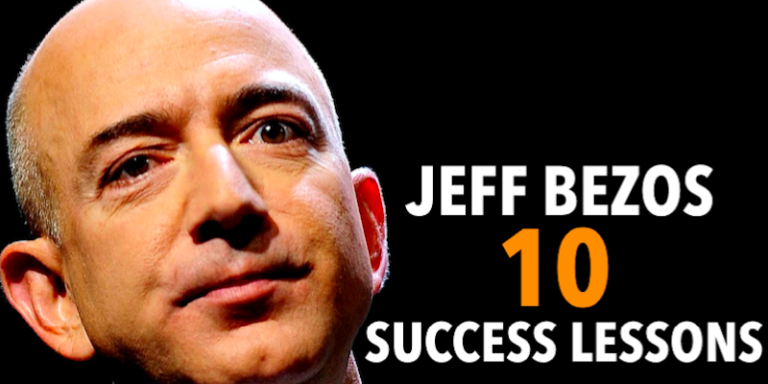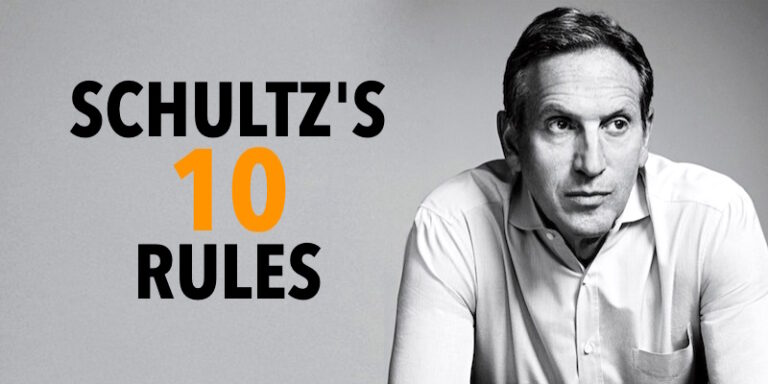Dilip Shanghvi (born 1 October 1955) is an Indian businessman and one of the richest persons in India. He is the founder and managing director of Sun Pharmaceuticals. As of the 2015 Forbes real time ranking, he is the richest Indian having surpassed the long-standing richest Indian on the list, Mukesh Ambani.
But the success story of this common man is an outcome of his sheer perseverance and belief in his dream. Dilip was born in small town of Amreli in Gujarat on 1 October 1955. Shanghvi earned a Bachelor of Commerce degree from the University of Calcutta. He is an alumnus of J. J. Ajmera High School and Bhawanipur Education Society College, from where he did his schooling and graduation, respectively.
He started by helping his father in the latter’s wholesale generic drugs business in Kolkata. It was during his work as a drugs distributor at Kolkata, he thought of manufacturing his own drugs instead of selling others’ products. And that is how the now renowned Sun Pharmaceuticals came into existence.
Dilip Shanghvi started Sun Pharmaceutical Industries with capital of Rs 10,000 in 1982 at Vapi and in today’s day and time it is India’s largest drugmaker and most valuable drug company. As of August 2014, He has a net worth of $19 billion, according to the Bloomberg Billionaire’s Index.
He has also been named in the list of Asia’s top ten wealthiest self-made billionaires, according to Wealth-X. Shanghvi is also the Chairman and Managing Director of Sun Pharma Advanced Research Company and Shantilal Shanghvi Foundation.
Sun Pharma manufactures and sells pharmaceutical formulations and active pharmaceutical ingredients (APIs) primarily in India and the United States. The company offers formulations in various therapeutic areas, such as cardiology, psychiatry, neurology, gastroenterology and diabetology.
It also provides APIs such as warfarin, carbamazepine, etodolac, and clorazepate, as well as anticancers, steroids, peptides, sex hormones, and controlled substances.
Acquisitions and Joint Ventures:
- In 1996, Sun purchased a bulk drug manufacturing plant at Ahmednagar from Knoll Pharmaceuticals and MJ Pharma’s dosage plant at Halol that are both U.S. FDA approved today.
- In 1997, Sun acquired Tamil Nadu Dadha Pharmaceuticals Limited (TDPL) based in Chennai, mainly for their extensive gynaecology and oncology brands
- in 1997, Sun Pharma initiated their first foray into the lucrative US market with the acquisition of Caraco Pharmaceuticals, based in Detroit.
- In 1998, Sun acquired a number of respiratory brands from Natco Pharma
- In 2011, Sun Pharma entered into a joint venture with MSD to bring complex or differentiated generics to emerging markets (other than India).
- In 2012, Sun announced acquisitions of two US companies: DUSA Pharmaceuticals Inc., a dermatology device company; and generic pharma company URL Pharma, Inc.
- In 2013,the company announced an R&D joint venture for ophthalmology with the research company, Intrexon.
- On 6 April 2014, Sun Pharma announced that it would acquire 100% of Ranbaxy Laboratories Ltd, in an all-stock transaction, valued at $4 billion.
- Other notable acquisitions include Milmet Labs and Gujarat Lyka Organics (1999), Pradeep Drug Company (2000), Phlox Pharma (2004), a formulation plant at Bryan, Ohio and ICN, Hungary from Valeant Pharma and Able Labs (2005), and Chattem Chemicals (2008). In 2010, the company acquired a large stake in Taro Pharma, Inc., amongst the largest generic derma companies in the US, with operations across Canada and Israel. The company currently owns ~ 69% stake in Taro,for about $260 million
Sun Pharma is the largest pharmaceutical company in India, the largest Indian Pharma company in the US,and the 5th largest generic company worldwide, the Competition Commission of India approved Sun Pharma’s $3.2 billion bid to buy Ranbaxy Laboratories, but ordered the firms to divest seven products to ensure the deal doesn’t harm competition.
Sun Pharmaceutical Industries Ltd, India’s largest drugmaker by sales, has as well agreed to buy GlaxoSmithKline’s opiates business in Australia to strengthen its pain management portfolio.
Thus as the saying goes, “if you have a dream, you have got to protect it, nurture it and see the fruits of your hardwork only ripen with time.” For Dilip Shanghavi, this has worked for sure. And in coming times India would like to see many such startups to succeed. So have faith in your dreams and move ahead.


